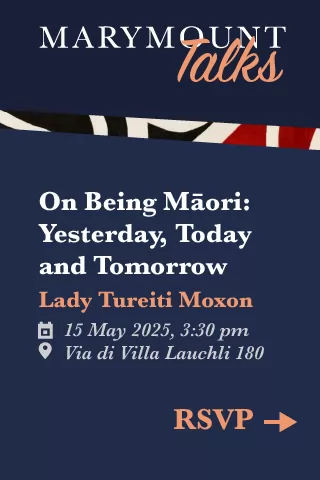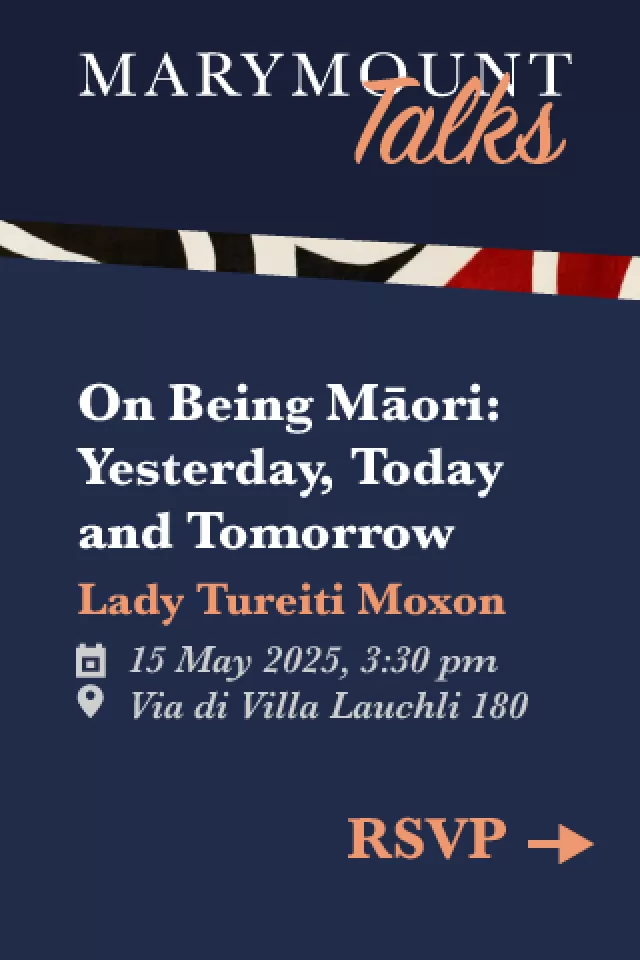Campaigning has only just begun.
One down and two more to go. For Italy more than anywhere else in Europe the elections to the European parliament on 12 June were the first round of a two-year campaign. With very few exceptions, the personalities of the new members of parliament are irrelevant. Although the policies of their parties do indeed affect our everyday lives, few voters knew how when they went to the polls and even fewer voted accordingly. These elections have fixed the battle order both between and within the centre-left and centre-right coalitions for the regional elections in 2005 and the national elections in spring 2006.
The immediate and visible effect is a reshuffle of Silvio Berlusconis cabinet to take into account the changes in the Casa delle Libert alliance.
Berlusconi was playing for high stakes and he lost. By his own reckoning, his Forza Italia party (FI) needed to win 25 per cent of the vote (and even that was almost 5 per cent down on its share in 2001). Instead it only managed a meagre 21 per cent. At a personal level, the prime minister was a candidate across the whole country and had turned the elections into a plebiscite. In the central Italy constituency he was beaten by Lilli Gruber and Nicola Zingaretti of Uniti nellUlivo and by his deputy prime minister, Gianfranco Fini of Alleanza Nazionale.
On the other side is the new Uniti nellUlivo, made up mainly of the Democratici di Sinistra and the Margherita. This alliance is supposed to be the prototype of the craft that will carry Romano Prodi back to government in 2006. With 31 per cent of the vote it did well, but certainly not as well as it had hoped. Berlusconi was right when he said the results in Italy were not the disaster they had been for governing parties elsewhere, including Tony Blair in Britain, Gerhardt Schrder in Germany and Jacques Chirac in France.
Overall in Italy, the centre-left won a majority not a huge one, but given the electoral system for parliament, enough to have brought it back to power, as some of the results in the more important city and regional elections showed. Sardinia elected a successful businessman, Renato Soru, (Mr Tiscali), as regional president for the centre-left, and Bologna returned to its traditional political colours after its centre-right interlude.
Berlusconi was absent from the television screens as the results came in, a notable change from the election run-up when he seemed to be everywhere. When finally he did comment, he admitted that he would have to make some adjustments to the government and to the implementation of his programme. Around him his allies were baying, if not for blood, at least for a bigger share of the cabinet cake. In 2001 Forza Italia made up almost two thirds of the coalition (60.6 per cent); on this months showing, it has less than half (48.4 per cent). Alleanza Nazionale increased its share slightly (24.7 to 26.5 per cent) and the Lega Nord and the centrist Unione dei Democratici Cristiani (UDC) gained well (from 8 to 11.5 per cent for the first and a jump of 6.6 to 13.6 per cent for the latter).
ANs Adolfo Urso stuck to the football metaphor: For the second half of the legislature we must improve the team and put better players onto the field. Roberto Calderoli of the Lega Nord was typically blunt: We can have two good years of government ahead of us, but only on condition that the reforms come first, starting with federalism. Even the usually subtle Rocco Buttiglione, a UDC minister, was explicit: Our role must be more important.
The chances are that Fini will earn a ministry, possibly foreign affairs, according to some sources. That would mean the demise of Franco Frattini, the present minister. Another possible victim is the sole economics minister, FIs Giulio Tremonti, who might either be replaced or find that economic affairs are split up into three ministries as in the old days.
On the centre-left the turmoil remains, which does not bode well for a unified programme and alliance for next year and 2006. The Uniti nellUlivo should have been the beginning of a winning centre-left alliance, but a number of small left-wing or protest parties within the formation took a significant share of the vote. Rifondazione Comunista, the Comunisti Italiani and the Verdi won almost 10 per cent and the Di Pietro-Occhetto party 2.1 per cent. Dissidents within the largest party, for example Cesare Salvi of the DS, seemed to be almost as happy at the lack of progress of the Uniti nellUlivo formation as they were with Berlusconis decline. We cant hide the lists heavy losses, Salvi said and added: Either the leaders recognise their mistakes or we will have to face the issue of building a single left-wing party.
Even in a moment of victory, the Italian left does not lose its vocation to split.
Whatever the weather, it will be a hot summer politically.
A run-off vote for 22 provincial administrations incuding the province of Milan and six city councils including Florence will be held on Saturday 26 and Sunday 27 June. See www.wantedinrome.com for details.



















